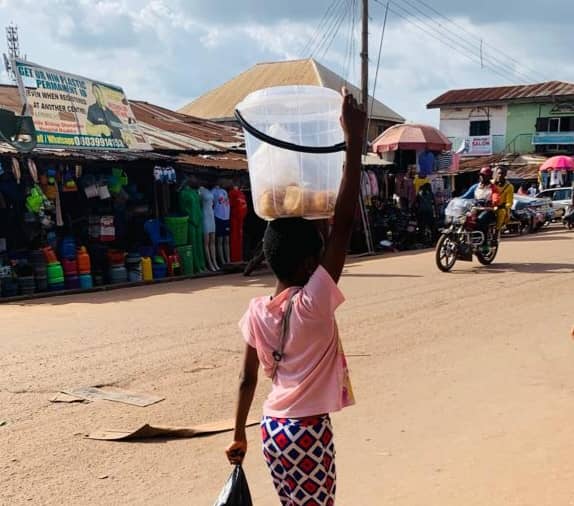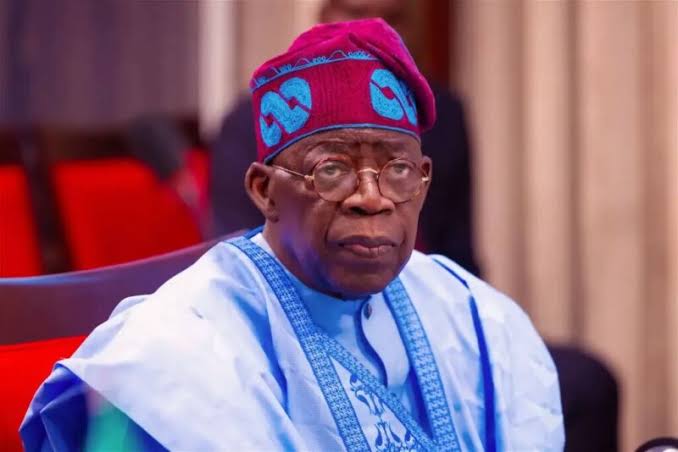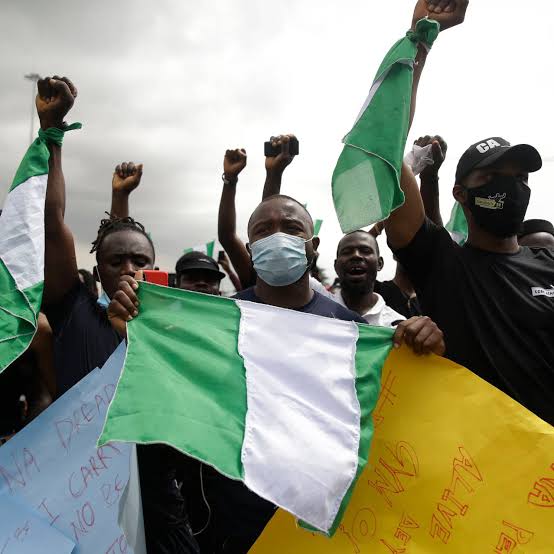Endangered, traumatised — harrowing tales of Nigerian Children

The foundation of every human on earth begins from childhood. We all might never make it to adulthood, but a good majority have the opportunity to experience childhood before death.
You would agree with me that one’s childhood goes a long way in shaping their perspective of life and attitude towards life. They serve as the foundation of the country, thus how effectively they are raised will determine how the country develops.
It is on this note that the Children’s Day celebration is commemorated both locally and internationally. In Nigeria, it is celebrated on the 27th of May every year.
Thread to celebrate your Child on Children's Day.
Let's have it here. 👇Happy Children's Day| Seun | Oba Solomon | Dele Odule | colos pic.twitter.com/TD6Sp34lby
— Crisp Nigeria (@crispnigeria) May 27, 2023
According to the United Nations International Children’s Emergency Fund, a child is any person under the age of 18.
Children’s Day gives everyone of us an inspirational springboard from which to advocate for, advance, and celebrate children’s rights, resulting in discussions and deeds that will create a better future for kids. It serves as a reminder that every child deserves the finest possible upbringing, health care, protection, education, and support.
On the contrary, one in every five of the world’s out-of-school children is in Nigeria. UNICEF disclosed that despite being free and required by law, 20 million children in the country between the ages of 5 and 14 do not attend school. Only 61 percent of children aged 6 to 11 attend primary school on a regular basis, while only 35.6% of kids from 36 to 59 months receive early childhood education.
The National Child Labour Survey study in Nigeria was comparatively conspicuous. 15,027,612 children, that is, 7,812,756 boys and 7,214,856 girls, are classified as working children overall. Research shows that poverty is a significant factor in determining the prevalence of child labour.
Highlights from the 2022 Multidimensional Poverty Index survey of National Bureau of Statistics show that: 133 million people in Nigeria (63%) are multidimensionally poor.
As opposed to the significance of this celebration, a lot of Nigerian children still go through several forms of abuse today. Child victimization and subjugation are serious issues that require our attention and collective efforts to address.
It is distressing to acknowledge that some children experience maltreatment, abuse, neglect, child labour, child trafficking, forced marriage, exploitation and discrimination based on gender, ethnicity, or socioeconomic status, which can have long-lasting detrimental effects on their physical, emotional, and psychological well-being as well as limit their opportunities for growth and development.
Littered in the streets of this nation, remote areas especially, are children whose perspective of life and dreams have been narrowed. These children grow up to believe that’s how life should be, they see begging, hawking, forced marriage, etc as the only antidote to living.
Sadly, some of these kids were put in that state by their parents who teach them to run after every stranger on the way seeking with so much importunity for alms while others run from pillar to post to make sales when on the highway. Others are forced to serve wicked masters as slaves at a very tender age and a good number suffer from all forms of abuse as a result.
It would interest you to know that a good number of parents who put their children in this state are not disabled. You’d also notice that even when these children are given tokens, their parents seize it from them immediately and send them back to the streets.
Some of these children are from families with both parents. Yet, they feel subjugating these children to this hard life will elicit help and pity from the “privileged”.
Whenever authorities come to such scenes, some parents even run away without their kids. Do they have value for the lives of these kids? Until they get into good hands, the future of these kids is at stake.
Why should a child who was born for joy be kept in such a cage? Are children now a source of income or our responsibility as parents? Sadly, some of these parents get huge amounts of money on those rare good days and yet refuse to work hard to earn a living.
UNICEF clearly stated that all children are entitled to rights notwithstanding their dependence on their parents and guardians, “no matter who they are, where they live, what language they speak, what their religion is, what they think, what they look like, if they are a boy or girl, if they have a disability, if they are rich or poor, and no matter who their parents or families are or what their parents or families believe or do. No child should be treated unfairly for any reason”.
What’s more alarming is the stigmatization they face as a result of their circumstances. The “proletariat” and second-class treatment they receive, the opportunities these bright destinies are denied and the unfair treatment they are exposed to at an early age.
This would definitely yield no good harvest in future. Some grow to be the menace of society while others live with over-ambitious endeavours to escape from their childhood experiences.
Acute physical injuries like cuts, bruises, or fractured bones are possible for children who have been mistreated and neglected. Additionally, they could struggle with emotional and psychological issues including post-traumatic stress disorder or anxiety.
Children who experience abuse or neglect over time are also more likely to become victims of violence in the future, commit violent acts themselves, abuse drugs or alcohol, contract sexually transmitted diseases, experience delayed brain development, achieve lower levels of schooling, and have fewer job possibilities.
Toxic stress, which can affect brain development and raise the chance of issues like posttraumatic stress disorder and challenges with learning, attention, and memory, can be brought on by ongoing abuse.
The popular saying that “a child is owned by the community”, is not cliche. We must all be concerned about the welfare of every child around us. We must be willing to question and report all sorts of deprivation they encounter and support the kids.
The government must also enforce more effective measures to fight against child victimization and subjugation which is more rampant in the northern part of the country. More emphasis on enforcing and implementing the laws that protect children, more enlightenment on the importance of proper childhood as well as governmental and non-governmental support for the less privileged in the society should be canvassed for. This can come in the form of free education, scholarship, empowerment and lots more.
Protect a child today and safeguard the future and development of this great nation.






